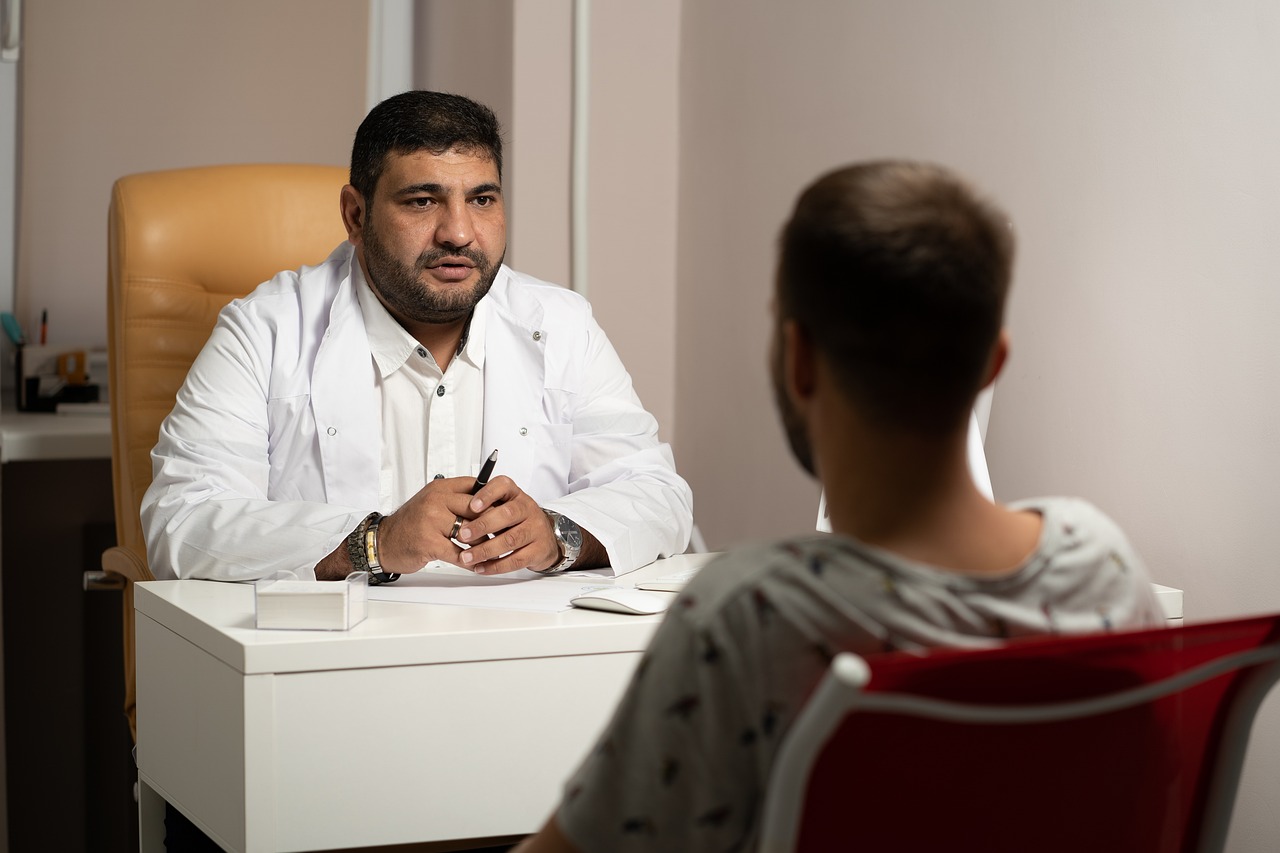What to Expect During Your First Visit to a Psychiatrist
 Your psychiatrist will ask you about your symptoms and how they have affected your life. They will also want to know about your family’s medical history.
Your psychiatrist will ask you about your symptoms and how they have affected your life. They will also want to know about your family’s medical history.
Be sure to write down any questions you may have before your appointment. This will help you remember them and get the most out of your session.
Table of Contents
Psychiatrist Treatment Plan
Your psychiatrist will ask you questions about your symptoms, medical history, and mental health history. This is an important step, and you should answer open-ended questions honestly. You should also be prepared to share any relevant family medical history, a list of all medications you have taken in the past, and your physical health, including a family history of physical health issues.
Your intake appointment usually lasts one to two hours, so be prepared for many questions. Many psychiatrists use shared decision-making to involve you in decisions about your treatment plan.
At the end of your first session, a psychiatrist near me depression will devise a treatment plan. This may include medication, psychotherapy, or another form of therapy. In the case of medication, you must discuss the benefits and side effects of any medication your Psychiatrist recommends. Your Psychiatrist will give you some time to read patient leaflets and do research on your own so that you can ask informed questions.
Psychiatrist Evaluation
During your first appointment, the psychiatrist will ask you about your symptoms in great detail. They will want to know when they started, what makes them better or worse, and whether they’ve changed. They’ll also want to hear about your family history and any previous psychiatric treatment you may have received.
Psychiatrists will also likely do some physical testing and observation of your behavior to gain a better understanding of your mental health. This is because there are often that certain physical imbalances can contribute to mental health issues, such as thyroid imbalance. It’s a good idea to bring someone to your first psychiatric appointment, such as a trusted confidant or spouse. This person can help you remember any critical details you might forget during the appointment. They can also support and encourage you to open up during the discussion. This will make you feel more comfortable during the psychiatric evaluation process.
Psychiatrist Diagnosis
A good psychiatrist will ask open-ended questions about your symptoms and how they affect your life. They will also ask about your family medical history and general health. It is important to be honest, even if some of the information is difficult or embarrassing to talk about.
Your psychiatrist may recommend that you get a blood test to check for medical conditions that could interfere with your treatment, such as thyroid disease or diabetes. They may also recommend psychotherapy or a combination of treatments to help you manage your depression. If you’re nervous about talking to your psychiatrist, consider bringing a friend or family member with you. They can offer emotional support and take notes if you need to. You may feel emotional during your session, and crying is okay. Psychiatrists are familiar with this and often have boxes of tissues in their offices.
Psychiatrist Follow-Up
The psychiatrist will ask you questions about your family history, any previous mental health treatment you have had, and your current symptoms. Be sure to give thorough answers. Even though these conversations can be awkward and uncomfortable, your psychiatrist must get the full picture to provide you with the best care.
During this session, the psychiatrist will also take your vitals (blood pressure and temperature) and weigh you. This is to get a baseline. They may also order blood work or a brain scan.
It’s a good idea to bring a friend or family member along for support during your first appointment. They can help you remember what the psychiatrist said and can help you ask any additional questions. It’s also helpful to write down what your psychiatrist tells you so that you can reference it later.









